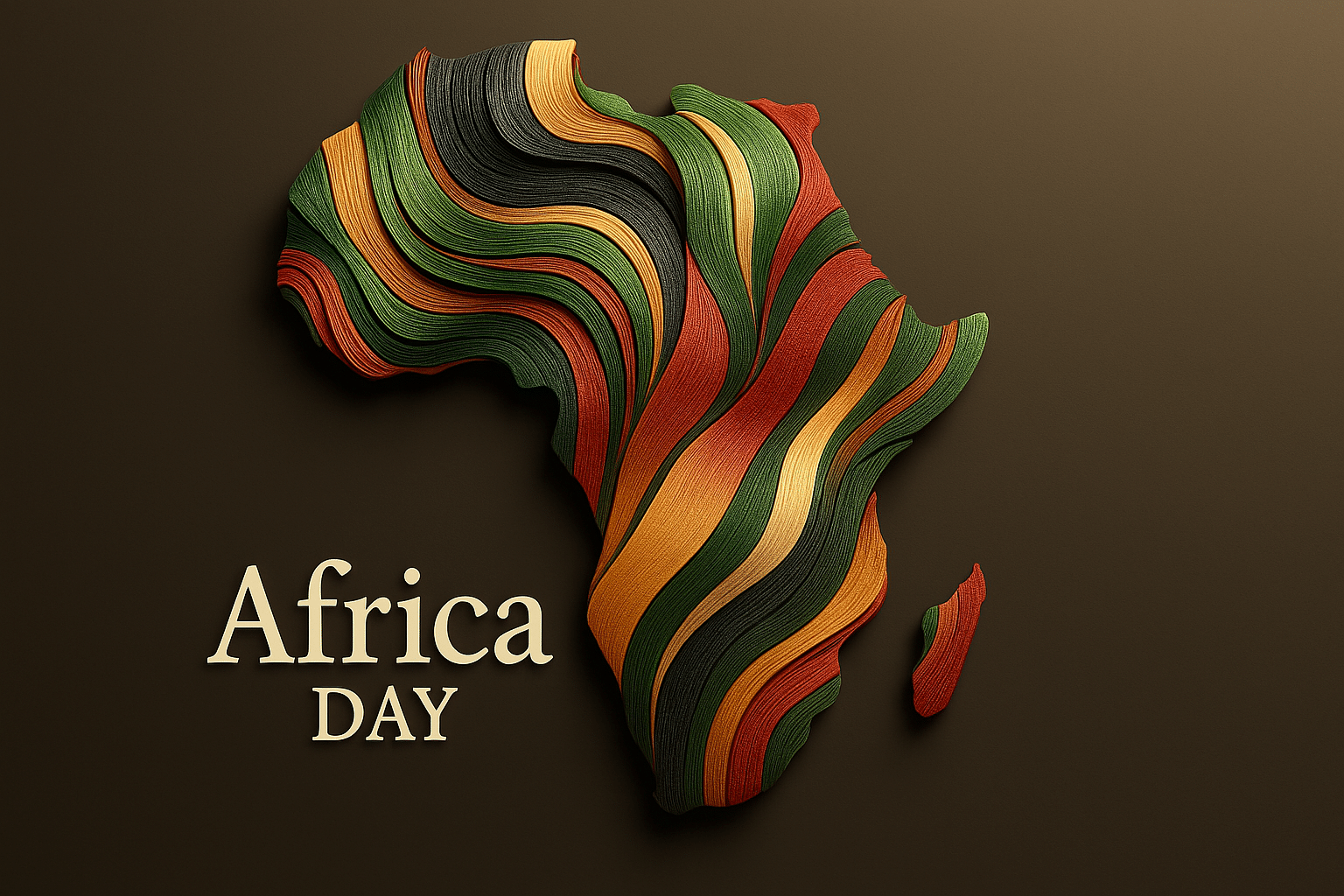What is Africa Day?
Africa Day is celebrated every year on May 25. It marks the founding of the Organization of African Unity in 1963, the body that later became the African Union. The day honours African unity, freedom, and progress. It is also a time to reflect on the richness of African cultures, the strength of its people, and the future of the continent.
The day is known by different names. In the past, it was called African Freedom Day and African Liberation Day. In some parts of the world, especially outside the continent, it is also referred to as Global Africa Day. All these names point to one goal: pride, connection, and shared progress.
Africa Day is celebrated across the continent, but also by the African diaspora worldwide. It is a moment of celebration, reflection, and energy.
History and Origin
The roots of Africa Day go back to 1958. That year, Ghana hosted the first Congress of Independent African States in Accra. The event brought together leaders who wanted to build solidarity among African nations and support decolonisation. After the congress, they declared April 15 as African Freedom Day.
On May 25, 1963, thirty-two African countries came together in Addis Ababa to form the Organization of African Unity. This date was later chosen to replace April 15 as the new moment to celebrate independence and cooperation. Over time, the name shifted from African Liberation Day to simply Africa Day.
When the African Union was created in 2002, Africa Day remained as the symbolic date of unity and commitment to development, peace, and shared values.
Who Participates in Africa Day?
- African governments: organise speeches, public gatherings, and cultural events across the continent
- Cultural institutions: host music, dance, and art programmes that showcase African identity
- Schools and universities: teach African history and current issues through lessons and themed activities
- Diaspora communities: celebrate African pride through food, music, and storytelling in cities across the world
- Supporters worldwide: take part in discussions and join events to show solidarity with Africa
Slogans and Themes
Africa Day often has an annual theme set by the African Union. These themes focus on challenges and opportunities across the continent. Topics include youth empowerment, education, climate action, women’s rights, and peace.
Slogans are direct and hopeful. Common messages include “Africa Rising”, “Our Continent, Our Future”, and “Stronger Together”. The tone is one of strength and vision. Africa Day combines pride in the past with ambition for what lies ahead.
Colors
- Green: stands for the land, hope, and renewal
- Black: represents the people and their strength
- Red: symbolises the struggles for freedom and dignity
Symbols
- African map: shows unity across the continent
- Raised fist: represents strength and resistance
- Drum: symbolises rhythm, communication, and culture
Patterns
- Tribal designs: reflect African creativity, identity, and tradition
- Unity circles: express cooperation and shared goals
- Bold geometry: shows structure, balance, and heritage
Most Used Hashtags
- #AfricaDay
- #AfricanUnity
- #AfricanLiberationDay
- #CelebrateAfrica
- #GlobalAfricaDay
How to Celebrate Africa Day:
- Wear traditional clothing: express cultural pride through colour, fabric, and design
- Join a local event: attend a festival, debate, or performance in your area or online
- Cook African food: explore a dish from a different region and share it with others
- Learn something new: read about an African country, artist, or historical figure
- Support African voices: follow creators, buy African-made goods, and listen to music or podcasts
Why is Africa Day Important?
Africa Day is a chance to look at the continent through the eyes of its people. It reminds the world of Africa’s journey from colonisation to independence, and from division to unity. The day calls for attention to Africa’s achievements and challenges.
It helps fight stereotypes and shows the energy, innovation, and resilience found across the continent. It also connects people of African descent around the world, building community and pride. Through celebration and reflection, Africa Day strengthens the idea that African problems are best solved through African solutions;and that the future of the continent belongs to its people.
Features
May 25: Africa Day
Why do you keep falling for the same type?
Read the article Lovemaps: the hidden blueprint of our love.

